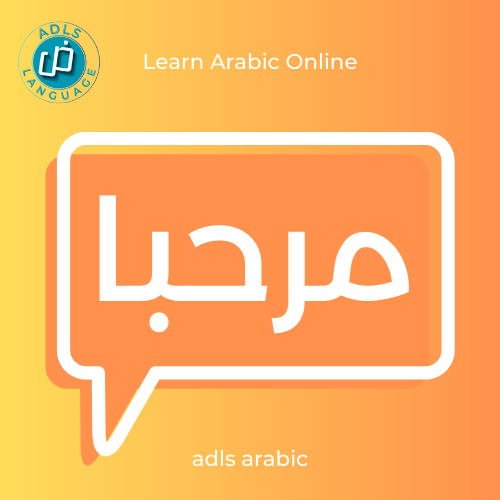Arabic tutor Ireland and Wales and surrounding regions.

Need an Arabic tutor for general Arabic lessons, Quranic Arabic or for GCSE Arabic?
Our coverage encompasses the following regions:
United Kingdom (England, Wales, Northern Ireland).
Crown Dependencies & Overseas Territories (e.g., Jersey, Guernsey, Isle of Man, Gibraltar, Bermuda, Cayman Islands).
Whilst we endeavour to reach as many students in varying areas, sometimes this may not be possible due to the follwoing reasons:
Rural and Remote Communities
- These areas frequently lack reliable high-speed internet, which is essential for effective online tutoring. This digital infrastructure gap significantly limits access.
- Even within countries that have growing digital markets, rural populations often remain disconnected, widening educational disparities.
The Least tutor availability tends to occur in:
- Rural or remote regions with weak connectivity.
- Resource-strapped countries like LDCs and landlocked developing nations.
- Economically disadvantaged areas with significant digital inequality.
- Places where sociocultural and regulatory constraints curb online education growth.
Home-schooling trends
Overview: Home-schooling in Wales
Latest Figures: Academic Year 2023–24
- 6,156 children were known to be electively home educated in Wales.
- This equates to 13.0 per 1,000 pupils, up from 1.6 per 1,000 in 2009–10—a steady upward trend.
Year-on-Year Growth
- 2022–23: 5,330 children (11.1 per 1,000 pupils).
- 2021–22: 4,681 children (9.8 per 1,000 pupils).
- Overall, Wales has seen a consistent increase in homeschooling rates each year.
Overview: Home-schooling in Ireland
- As of mid-2021, the number of children officially registered for home-schooling rose from about 1,500 in early 2020 to 1,786 by June 2021, marking a modest rise amidst a backlog of applications triggered by the pandemic.
- More recently, by early 2022, about 1,808 children were registered as receiving education outside of mainstream schools—an increase of nearly 30% over the previous four years.
- The Irish Times (2022) reported that home-schooling numbers have climbed roughly 25% since the pandemic began, reaching around 1,825 officially registered children—though the actual total could be closer to 4,000, with nearly 2,000 applications pending assessment by Tusla.
- Historical data shows a gradual rise: from about 699 registered home-educated children in 2011 to around 1,090, based on a FOI-requested figure by the Sunday Independent.
Overview: Home-schooling in England
- In autumn 2023, around 92,000 children were reported to be home educated on one day—an increase of approximately 11,100 from autumn 2022.
- During the 2023/24 academic year, about 153,300 children were home educated at any point, up from 126,100 in 2022/23—a 21.4% increase.
- The Guardian reports a ~60% increase since 2018–19, with more than 126,000 children now being homeschooled.
- FOI data shows that new notifications for Elective Home Education (EHE) jumped from 28,558 in 2019/20 to at least 66,496 in 2023/24, with some regions (e.g. the North East) seeing numbers more than triple.
Why Is Homeschooling Increasing?
Families cite a variety of reasons:
- Mental health concerns and support for special educational needs (SEND) are increasingly common motivators.
- Some feel mainstream schools fail to meet their children’s emotional or educational needs, leading to homeschooling as a last resort rather than a lifestyle choice.
- The COVID-19 pandemic triggered a shift—many families who experienced home teaching during lockdown found it worked well and chose to continue.
- In Scotland, concerns about classroom violence and declining standards are also key factors.
🏠 ADLS Arabic Language Courses
ADLS Lnguage provides a range of online Arabic courses, including:
- GCSE Arabic: Courses tailored for both Foundation and Higher Tier students.
- Quranic Arabic: Focused on recitation, memorization, and Tajweed.
- Self-Study Modules: For learners preferring independent study. ADLS Language
Courses are designed to be flexible, catering to various learning preferences and schedules.
📘 Learn GCSE Arabic
This platform offers:
- Structured Lessons: Organized to cover all aspects of the Arabic language.
- Assessments: To gauge and track progress.
- Self-Study Options: For learners who prefer to study at their own pace.
Ideal for students aiming for a recognized qualification in Arabic.learn.adls.co.uk
📚 GCSE Arabic Resources
Access a variety of materials, including:
- Past Papers: For practice and familiarization with exam formats.
- Study Guides: To aid in understanding key topics and themes.
- Revision Tools: To reinforce learning and prepare for assessments.
These resources are invaluable for comprehensive exam preparation.
